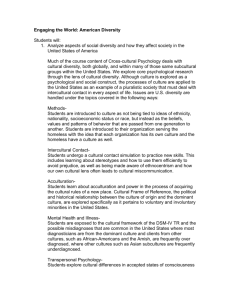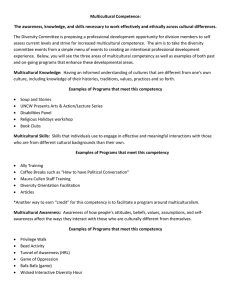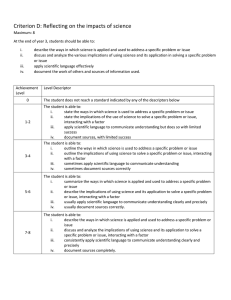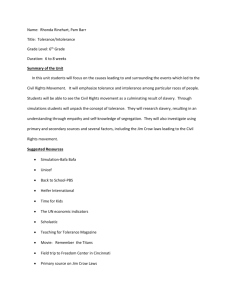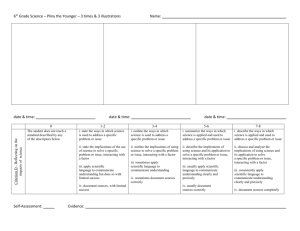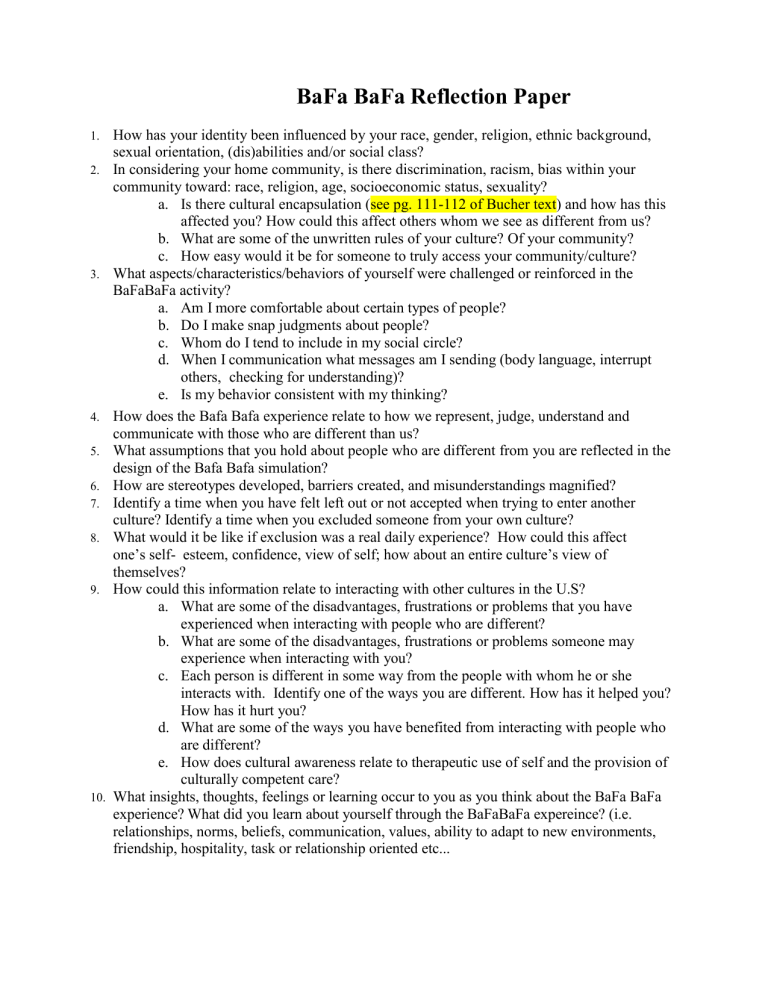
BaFa BaFa Reflection Paper 1. 2. 3. 4. 5. 6. 7. 8. 9. 10. How has your identity been influenced by your race, gender, religion, ethnic background, sexual orientation, (dis)abilities and/or social class? In considering your home community, is there discrimination, racism, bias within your community toward: race, religion, age, socioeconomic status, sexuality? a. Is there cultural encapsulation (see pg. 111-112 of Bucher text) and how has this affected you? How could this affect others whom we see as different from us? b. What are some of the unwritten rules of your culture? Of your community? c. How easy would it be for someone to truly access your community/culture? What aspects/characteristics/behaviors of yourself were challenged or reinforced in the BaFaBaFa activity? a. Am I more comfortable about certain types of people? b. Do I make snap judgments about people? c. Whom do I tend to include in my social circle? d. When I communication what messages am I sending (body language, interrupt others, checking for understanding)? e. Is my behavior consistent with my thinking? How does the Bafa Bafa experience relate to how we represent, judge, understand and communicate with those who are different than us? What assumptions that you hold about people who are different from you are reflected in the design of the Bafa Bafa simulation? How are stereotypes developed, barriers created, and misunderstandings magnified? Identify a time when you have felt left out or not accepted when trying to enter another culture? Identify a time when you excluded someone from your own culture? What would it be like if exclusion was a real daily experience? How could this affect one’s self- esteem, confidence, view of self; how about an entire culture’s view of themselves? How could this information relate to interacting with other cultures in the U.S? a. What are some of the disadvantages, frustrations or problems that you have experienced when interacting with people who are different? b. What are some of the disadvantages, frustrations or problems someone may experience when interacting with you? c. Each person is different in some way from the people with whom he or she interacts with. Identify one of the ways you are different. How has it helped you? How has it hurt you? d. What are some of the ways you have benefited from interacting with people who are different? e. How does cultural awareness relate to therapeutic use of self and the provision of culturally competent care? What insights, thoughts, feelings or learning occur to you as you think about the BaFa BaFa experience? What did you learn about yourself through the BaFaBaFa expereince? (i.e. relationships, norms, beliefs, communication, values, ability to adapt to new environments, friendship, hospitality, task or relationship oriented etc...

